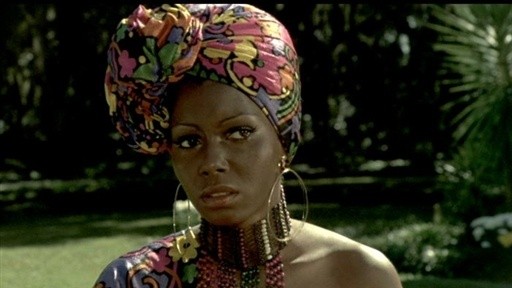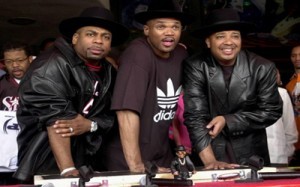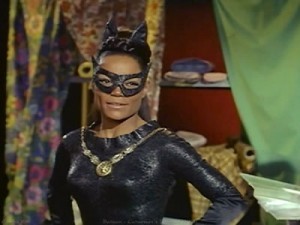Some would argue that if there was one actress that threatened Pam Grier’s reign as America’s Black glamour queen of the 70’s, it was the bewitching bronze beauty Judy Pace. A former Ebony Magazine model, Judy was a modern day Queen Neferteri, with sexy bedroom eyes, pouting full lips, all gloriously displayed on a petite chestnut brown frame. In color-conscious Hollywood, Judy became one of the first dark-skinned dramatic actresses to be recognized as a sex-symbol. The Daily Variety once referred to her as The most beautiful woman in Hollywood.
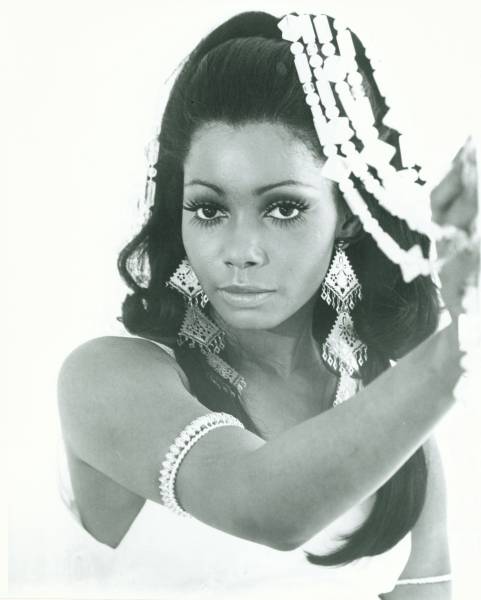
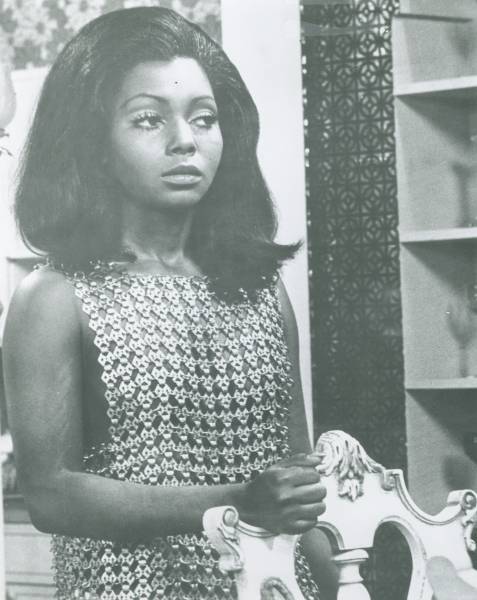
Southern California born and bred, Judy was one of five kids raised in a middle-class Los Angeles environment. After graduating from high school, she attended Los Angeles City College where she majored in sociology. She was enticed away from college with an offer to join the prestigious Ebony Fashion Fair. Judy harbored no aspirations for a film career, until one pratically fell into her lap. Director William Castle (House on Haunted Hill, The Tingler) saw her pictures in Ebony and chose her for a part in his film 13 Frightened Girls. Upon completion of the film, young Judy was now smitten with the Hollywood bug. She wanted to be taken seriously so she began taking acting classes, and performing in L.A. theater. Small parts on television and films developed, leading up to Judy’s first major role in the 1968 film Three in the Cellar.
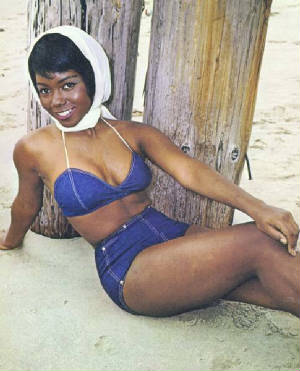
Judy followed up her success in Three in the Attic with another groundbreaking role, this time on the small screen. After losing out to Diahann Carroll for the role of Julia, Judy won a nice consolation prize, landing a part on the popular 60’s night time soap Payton Place. Judy played Vickie Fletcher televison’s first Black female antagonist. Judy’s Vicki character was bad to the bone, manipulative, a liar, Vicki basically ruined the lives of just about everyone she touched. When Payton Place was finally canceled in 1969, Judy was offered the lead in a new, “hip” made-for-TV film called The Young Lawyers. With a very “60’s,” theme, Judy plays one of three young lawyers who take on cases dealing with the poor and oppressed. The film would later be turned into a weekly series, with Judy reprising her role.
Judy continued to shake things up on the big screen when in 1970, she starred in the first Hollywood produced and financed film directed by a Black, Cotton Comes to Harlem. Directed by actor Ossie Davis, Cotton Comes to Harlem was derived from the writings of Black novelist Chester Himes. Given a main stream budget, the film became the first Black action block buster paving the way for what would later be deemed Hollywood’s blaxploitation film era of the early 1970’s. In many ways Cotton Comes to Harlem was very stereotypical in its depiction of Blacks. However it succeds because it is able to give off that certain “coolness” and vibe which are indicative of the Black experience in America. The film is centered on charlatan black leader Rev. Deke O’Malley (played by Calvin Lockhart), who plans to steal the money of poor Blacks with a bogus back to Africa movement. With an all-star cast that included Godfrey Cambridge, Raymond St. Jacques, Redd Foxx, Clevon Little and Lockhart, Judy more then held her own. Playing Iris, O’Malley’s sexy, hot-tempered girlfriend, Judy nearly steals the movie as she vamps, seduces, and even commits murder for the man she loves.
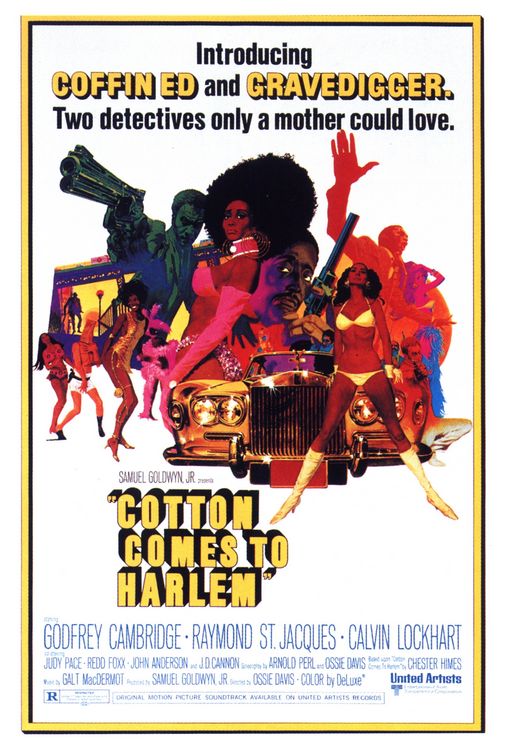
Cotton Come to Harlem Movie Poster is from the The Museum of UnCut Funk collection
Cotton Comes to Harlem appeared to be the vehicle that would launch Judy into superstardom, but in reality, it would be her last major role. The blaxploitation era she helped to usher in created roles for Black male actors, but very few films gave Black women, with the exception of Pam Grier, much to do. Hollywood completely missed the message of Cotton Comes to Harlem by assuming that Black audiences wanted shoot-em-up action flicks with Black super-heroes. In a nutshell, Black audiences wanted the same thing white audiences wanted, good movies.
Movie Poster art from Judy Pace Filmography:
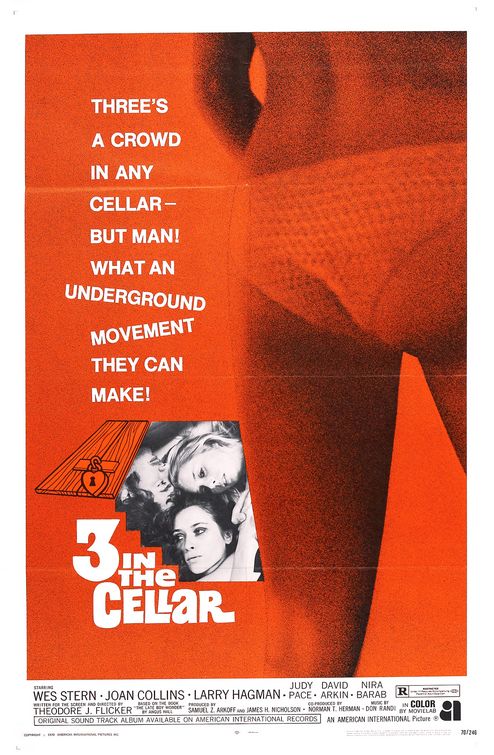
1970: Three In The Cellar
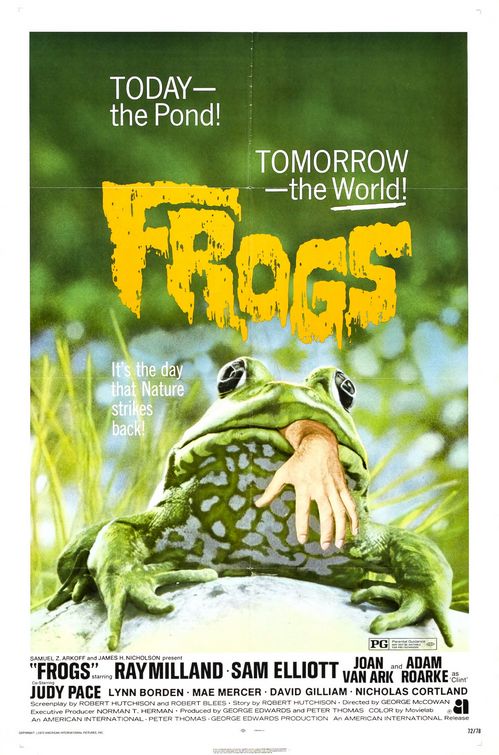
1972: Frogs
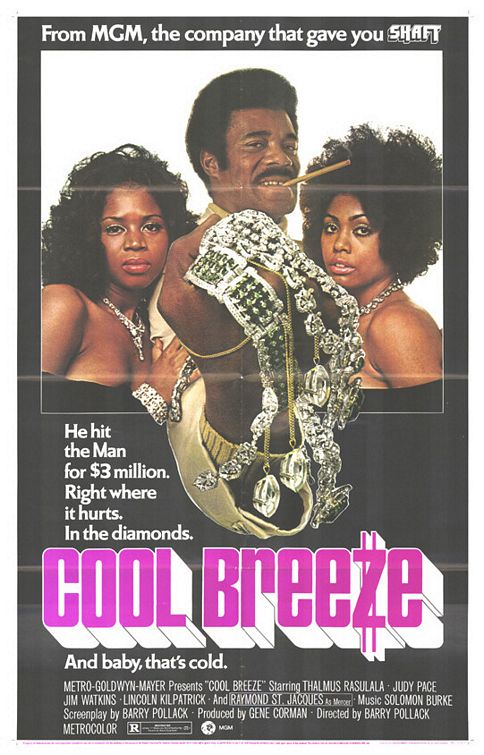
1973: Cool Breeze
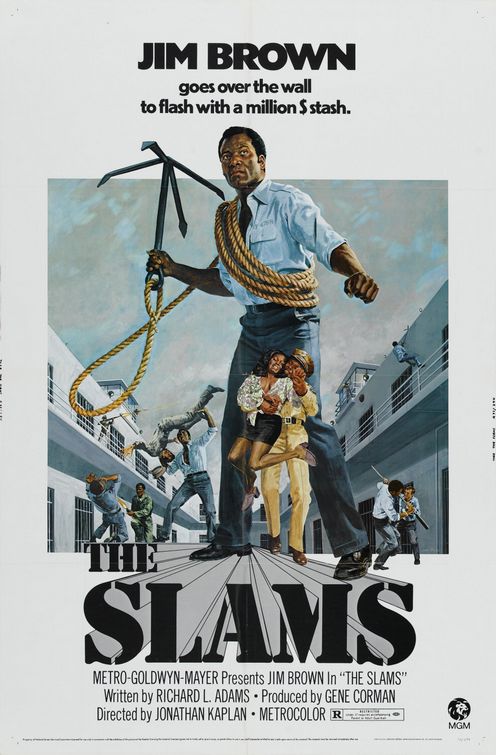
1973: The Slams
Cool Breeze and The Slams Movie Posters are from The Museum of UnCut Funk collection
Contributor: Keith Brooks

